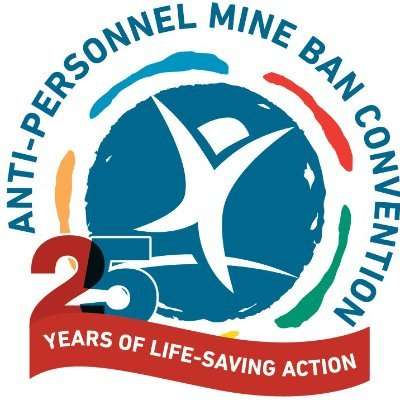
Baltic states withdraw from mine ban treaty citing national security needs
Lithuania, Latvia, and Estonia have officially notified the United Nations of their decision to withdraw from the Ottawa Convention, a global treaty banning the use, production, and stockpiling of anti-personnel landmines. The move, announced Friday, reflects growing regional security concerns amid heightened tensions in Eastern Europe.
Lithuanian Foreign Minister Kestutis Budrys confirmed the step on social media, stating, “Today, Lithuania officially notified the UN Secretary-General of its withdrawal from the Ottawa Convention. This decision was not made lightly.”
Latvia’s Ministry of Foreign Affairs echoed similar concerns, citing the shifting security landscape. “Withdrawal from the Ottawa Convention will give Latvia the flexibility to strengthen deterrence and ensure the protection of the country and its residents,” it said in a statement.
Estonian Foreign Minister Margus Tsahkna emphasized that the decision would enhance the nation’s defense readiness. “Leaving the Ottawa Convention grants the Estonian Defence Forces greater flexibility in choosing weapons systems and defense tools,” he said.
By exiting the treaty, the three Baltic nations gain legal authority to produce, stockpile, use, and transfer anti-personnel mines — a move seen as part of a broader regional strategy to bolster defenses amid increasing threats from Russia.
Despite withdrawing, all three countries affirmed their continued commitment to international humanitarian law, including humanitarian demining and support for war victims.
The Ottawa Convention, which came into force in 1999, was joined by Lithuania in 2003, Estonia in 2004, and Latvia in 2005. Their coordinated withdrawal follows similar legislative actions in Poland and Finland, suggesting a regional shift in defense policy.
Under treaty rules, the withdrawal will become effective six months after each country’s formal notice is received by the UN Secretary-General.